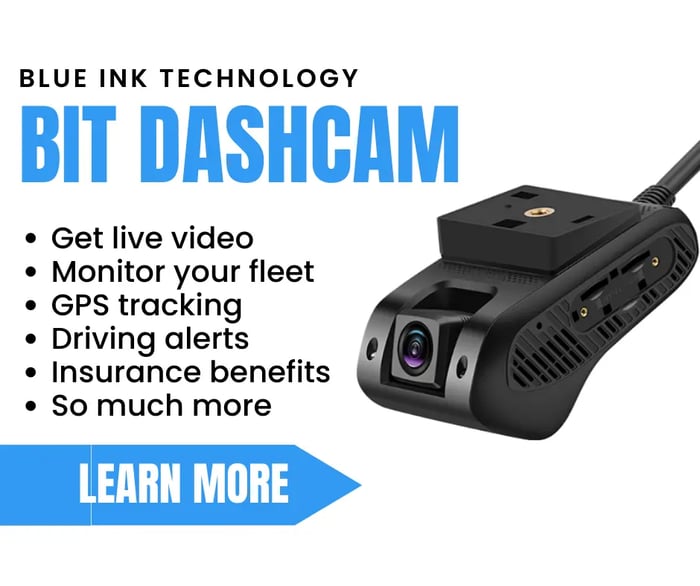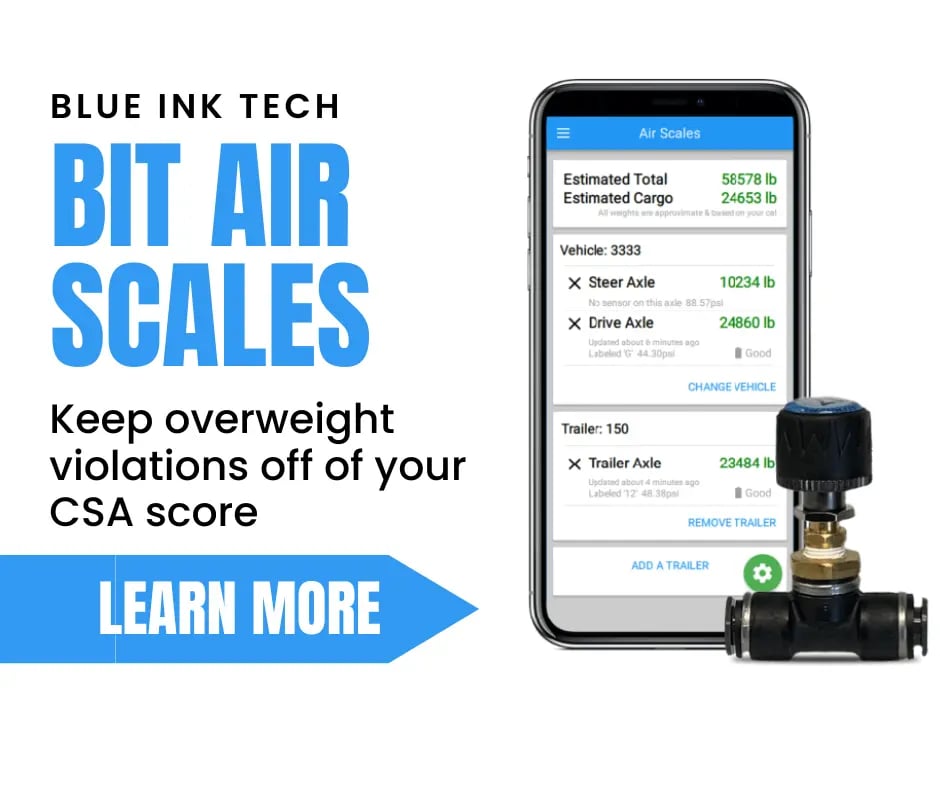
Trucking is one of the most competitive industries to be in. There are over 4.5 million trucks on the road in the US and they are all looking for loads to haul. With the amount of available trucks able to take loads the competition is high and the profit margins are low. New carriers have a lot working against them while trying to build a reputation for themselves and earn their way to consistent steady work.
Below are some of the mistakes that carriers make that set them back long term and eventually put them out of business. Working to avoid these situations will help you stay in business and reduce the stress to comes with owning a trucking company.
Signing long term contracts for services
One of the first mistakes that new carriers make is signing long term contracts from products and services to get discounted rates. The trucking industry is a high churn industry meaning that it is easy to go out of business if things do not go according to plan.
A truck could be sold, get in an accident or a carrier may not take loads with freight rates being low. Just because the truck is not moving or no longer in your possession does not mean that payments for your equipment or services stop. If you signed a 3-5 year contract to get a low monthly payment you will pay that every month whether you are in business, have the trucks or not.
This is a big problem for new carriers who are not fully established. Many carriers feel that if they no longer own a truck they should not have to pay for the services any longer. Even if this feels like the most fair outcome, service providers will continue to collect their payments or send delinquent bills to collections where your credit score may take a hit.
Small carriers who are only operating a few trucks should try to look for "no contract" solutions for products and services they need. With how quickly things can change in trucking you do not want to accidentally put yourself in a corner paying for things that do not bring value and will keep you from growing your business.
Accepting cheap freight
Everyone knows about cheap freight. If you get on a load board you will see loads available that will have you wondering how it's enough to even cover the fuel cost.
Carriers who do not have a strong understanding of their expenses will fall into this trap of working themselves out of business. New carriers must have a budget for vehicle maintenance cost, wages, fuel cost, services and all of the other expenses that comes with running a trucking business.
A good practice is to figure out what your expenses are for a year and compare it to how many profitable miles you were able to do. These cost will need to be divided by the average number of working miles (not dead head) that the truck of fleet can perform in the year. This will let you know what your overall cost per mile is and should serve as the baseline for which jobs to take. Accepting any loads under this rate will move you closer to going out of business.
In times of high volatility in the industry where fuel prices are fluctuating sporadically, monitoring this cost closely and using it to guide you on which loads to bid on will help you get through tough times.
Not trying to cut unnecessary expenses
As a new carrier you must always be looking for ways to cut any unnecessary expenses. These are recurring expenses that keep taking money out of your pocket that can be fixed with a more cost effective solution or practice.
An example of an unnecessary expense could be paying for scale tickets. If you are paying to scale every load and your scaling expense is over $1,300/yr you may look for ways to get the same results for less. Using an onboard scaling system can help avoid a lot of the cost around scaling.
Carriers must also try to avoid situations that will require drivers to drive additional miles that burn fuel. If a driver is in a situation where they are overloaded and forced to drive to an off-site scale and drive back to fix a load then that is an additional expense for the job that cost fuel and profitable driving hours. Having a plan in place for how to handle these situations like filing a coercion report with the FMCSA when a shipper overloads your trucks can help keep shippers in line and prevent drivers from getting overloaded in the future.
Another great way to help cut unnecessary expenses is learning how to perform some basic maintenance task. Carriers who can perform basic task like changing tires, greasing fittings, changing oil, replacing filters, maintaining fluids, etc will help save you from paying a mechanic a premium to take care of these task for you.
Not planning for difficult times
Difficult times are going to pop up occasionally. It may come from a sudden rise in fuel cost that outpaces the going rate for loads or having to take a truck out-of-service because of a surprise mechanical failure.
These types of situations are guaranteed to happen and if you do not have a financial cushion available to help get through these events you could find yourself in a tough spot.
A good rule of thumb is to have at least 3-6 months worth or funds available to cover your expenses in the event you are not able to perform any profitable work. Just because the truck cannot move does not mean that the bills will stop coming in. Making sure you have money available to draw from will help keep you in business and prevent a lot of anxiety from preparing for the unknown.
Failure to prepare for these types of situations is a leading cause of why small carriers go out of business. Building up a financial cushion should be a top priority for all new carriers getting started.
Not keeping accurate records or proper documentation
Many times carriers do not want to take the necessary steps to protect their reputations and keep their CSA scores low. Unnecessary risk are things that carriers and drivers look over in order to get on the road. Many of these risk involve properly checking tire pressures, performing DVIRs, keeping up with preventative maintenance task, and making sure logbooks are accurate and certified
It is important that as a carrier you maintain proper records to cover yourself in the chance you get stopped by DOT. Nobody is perfect and sometime DOT officials may issue citations or violations in error because of a misinterpretation of the law. It is the goal of the FMCSA to make sure that all of the data maintain is correct and accurate.
If you are incorrectly given a violation for something that you know is not correct using the FMCSAs DataQ will help get these situations taken off of your record and prevent them from affecting your CSA score.
This can all be done online and if you have all of the documentation available you can complete these in about 30 minutes. Keeping good documentation of what you do inside your company will help keep you off of the FMCSAs radar and help you avoid DOT audits which will allow you more time to grow your business.


